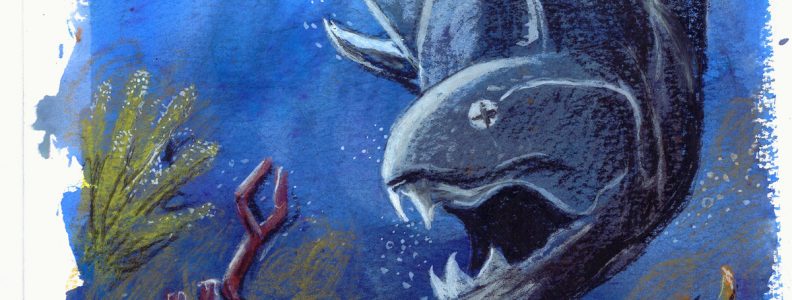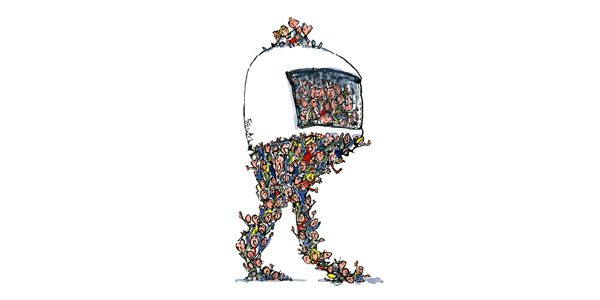Another Loving, Autonomous Agents, Boundless Bodies and Lasting Labour. What a wonderful mix of potential futures are wrapped up in the 2019 Virtual Futures’ Near-Future Fiction series and I’m very excited that, in the same way as the 2018 series, I’ll be co-curating the events with other authors.
We’re not searching for stories set on fanciful alien worlds, post-apocalyptic landscapes in which steam-punk bandits with laser guns are fighting mutated zombies, or that feature technology so hypothetical it is almost unimaginable. Our aim is to promote stories that think critically about the sorts of technological developments that are just over horizon, and provide a unique perspective on contemporary concerns related to the perceived trajectory of scientific innovation.
Those of you who have heard me answer the often asked question, “do you write dystopia or utopia,” will know I don’t believe in such a simple view of the world. You’ll have heard me respond with the shorthand statement that one person’s utopia is often another’s dystopia. As our call for stories says, “science fiction is often the victim of this binary between utopia and dystopia – fiction in which all of our problems are fixed or created by a specific technology or technologies. In reality, our relationship with our technology never follows these simple categories – it is frequently a messier affair. Stories that seek to criticize, predict, or complicate realistically will be more successful than those intended to shock with apocalyptic visions or please with plastic paradises.”
Whether you’re an established or emerging author we’re keen to receive your stories; the deadline for submissions is 2 December 2018 and you can download the full guidelines from the Virtual Futures’ website.
If you’re interested in attending the events to hear the inevitable variety of futures our chosen authors create, then you can read more about the themes and book your place via eventbrite; the last series sold out so get in early and book your place now.
I’m really looking forward to reading all the submissions, writing a story for each theme and reading them to a live Virtual Futures audience.
And don’t forget, the future is ours and it’s up for grabs…
photo credit: Frits Ahlefeldt – FritsAhlefeldt.com global-trends-population-growth-culture-illustration-no-txt-by-frits-ahlefeldt via photopin (license)



